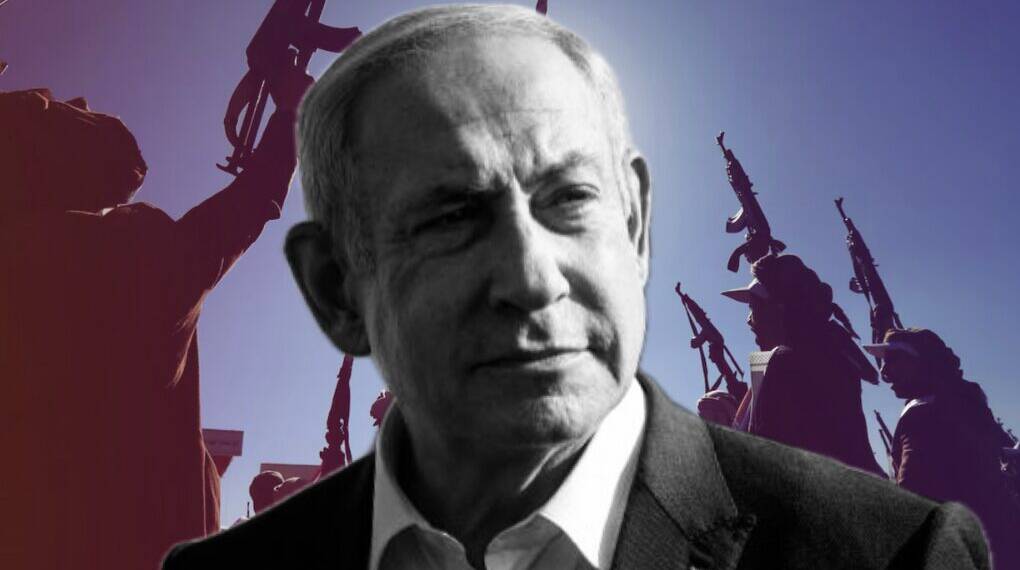Recent Israeli military actions involving airstrikes on Yemen’s capital, Sanaa, mark a significant escalation in the regional tensions tied to the ongoing conflict between Israel and Iran-backed Houthi rebels. This retaliatory campaign, which targeted the Yemeni presidential palace’s military facilities as well as critical infrastructure, not only reflects Israel’s resolve to defend against missile attacks but also highlights the wider geopolitical complexity of the Middle East.
Backdrop to the Airstrikes
The Israeli Defense Forces (IDF) carried out precision strikes against key locations in Sanaa, including the compound that houses the Yemeni presidential palace, power plants, and storage depots. These operations were initiated after the Houthis launched missile attacks on Israeli territory, reportedly deploying cluster munitions—an indication of their increasingly sophisticated military capabilities bolstered by Iranian support. This development represented a marked escalation by the Houthis, who have expressed solidarity with Palestinians amid the conflict in Gaza.
Israeli officials, including Defense Minister Israel Katz, warned that every missile fired by the Houthis would be met with strong reprisals. Prime Minister Benjamin Netanyahu reinforced this stance, asserting that the Houthis must bear the consequences of their aggression.
“Anyone who attacks us – we attack them. Anyone planning to attack us – we attack them. I believe the entire region is learning the power and determination of the State of Israel,” prime minister Netanyahu said after the strikes.
Israeli officials emphasized these sites supported Houthi military activity. Local reports confirmed loud explosions and visible plumes of smoke near Sabeen Square, a central area in Sanaa.
The attack followed a ballistic missile launch by the Houthis on Friday. Israeli Air Force sources noted the missile carried cluster sub-munitions—explosives dispersing multiple bomblets—making interception difficult. Israel claimed the missile fragmented mid-air after several interception attempts and caused no damage.
Nasruddin Amer, deputy head of the Houthi media office, vowed ongoing attacks against Israel, linking their campaign to solidarity with Palestinians in Gaza. Senior Houthi official Abdul Qader al-Murtada reiterated their commitment to Gaza, signaling sustained conflict escalation.
Why the Presidential Palace was Targeted?
The Israeli strikes focusing on the presidential palace’s military compound were aimed at degrading the command capabilities and logistical infrastructure of the Houthi rebels. By also hitting power stations and fuel reserves, Israel sought to curtail the rebels’ ability to maintain their weapon supplies and sustain ongoing attacks. Such targets are critical in limiting the Houthis’ operational reach and disrupting their missile and drone campaigns.
Beyond tactical military advantages, these strikes serve as symbolic warnings to Iran and allied groups about Israel’s capacity and willingness to project power deep into enemy territory, challenging proxy influences in the region.
The Houthis have controlled much of north-western Yemen since 2014, when they ousted the internationally-recognised government from Sanaa, and sparked a devastating civil war.
Since the start of the war between Israel and Hamas in Gaza in October 2023, the Houthis have regularly launched missiles at Israel and attacked commercial ships in the Red Sea and Gulf of Aden, saying they are acting in solidarity with the Palestinians.
The rebels are backed by Iran, which Israel said also used cluster bombs during its 12-day confrontation with Israel in June. Iran did not respond at the time to this report.
Implications on Regional Dynamics
Yemen functions as a proxy battlefield where Iran and its adversaries vie for influence. Iranian backing has empowered the Houthis with advanced weaponry and expanded their missile strike capabilities, complicating Israel’s security landscape. Israel’s capacity to strike far-reaching targets in Yemen showcases its strategic superiority and sends a broader deterrent message to Iran’s regional machinations.
This ongoing conflict underlines the deepening fractures within the Middle East, as local disputes become enmeshed with wider geopolitical rivalries, making diplomatic resolution increasingly complex.
Reports indicate that the strikes resulted in casualties, including at least six deaths and numerous injuries, along with significant damage to infrastructure in Sanaa. The humanitarian toll adds yet another layer of complexity to the conflict, which has already devastated Yemen over years of war, famine, and blockade. While the Houthis accuse Israel of targeting civilians with reckless intensity, Israel maintains its actions are justified self-defense against groups deliberately attacking its population.
The suffering of civilians caught in these clashes raises urgent calls for restraint and underscores the dire need for conflict de-escalation in the region.
Implications for Future Stability
The recent Israeli airstrikes against Houthi positions in Yemen illustrate the risks of escalating proxy wars spilling across borders. As the Gaza conflict inspires affiliated militant groups, new dimensions of hostility threaten wider regional destabilization. Israel’s firm approach aims to deter further attacks and safeguard its national security, but the cycle of retaliations risks exacerbating humanitarian crises and entrenching enmities.
This series of events highlights the deepening complexity of Middle Eastern proxy warfare, where localized conflicts rapidly escalate into broader confrontations with severe humanitarian consequences.
Achieving a lasting resolution will require greater diplomatic engagement, addressing not only Israel’s security concerns but also the underlying political and sectarian divides fueling these conflicts.








